Horse coloring Pictures Definition
Source(Google.com)
Some may wonder, why should we be so interested in a horse's color? One of the most famous "Old Horsemans' Tales", after all, is "a good horse is never a bad color." And indeed, each horse's ability to do the job for which it was intended is always the most important (for some, the only) standard by which it is judged.
Nevertheless, personal preferences are a big part of human nature, and color preferences affect every part of our lives, from the house we live in, to the furniture and decorations we surround ourselves with and the clothes we wear, to the car we drive. It's only natural that, all other things being equal, most people would tend to choose a horse of a color that appeals to them.
There's another reason that studying colors is useful. It's one part of genetics that is (usually) plainly visible. To many people, genetics is a mysterious, confusing branch of science. It's hard to imagine the chromosomes in every cell, with their amazing strands of DNA, directing and controlling every part of the body. We can't see them at work, we can't watch them as they separate from pairs to single strands in the reproductive cells, then combine back into pairs again when a new life is created. Many of the traits we breed for are caused by so many different genes (even before environmental influences are considered) that we can't really imagine or understand exactly how they work. But a horse's color, in most cases, is easily identifiable and is caused by relatively few genes, most of which are well understood. As with Mendel's red, white, and pink pea flowers, the horse's color is a visible trait by which we can see the genetics at work and easily understand the principles.
The colors of horses have fascinated human beings as far back as recorded history. Certainly today, when more and more horses are valued for primarily aesthetic rather than utilitarian purposes, there is a great deal of interest in identifying, and breeding for, color.
There has always been no shortage of preferences and prejudices about color in horses. Some persist to this day despite the fact that we now know beyond a reasonable doubt that the color of a horse's coat (skin, eyes) has absolutely no correlation to its temperament, intelligence, athletic ability, stamina or any other physical trait -- just like hair & eye color in humans.
This site exists to attempt to bring together results of the most current equine color research, to discover what horse colors are, how they are inherited, and how breeders can, if they choose, breed for certain colors.
Nevertheless, personal preferences are a big part of human nature, and color preferences affect every part of our lives, from the house we live in, to the furniture and decorations we surround ourselves with and the clothes we wear, to the car we drive. It's only natural that, all other things being equal, most people would tend to choose a horse of a color that appeals to them.
There's another reason that studying colors is useful. It's one part of genetics that is (usually) plainly visible. To many people, genetics is a mysterious, confusing branch of science. It's hard to imagine the chromosomes in every cell, with their amazing strands of DNA, directing and controlling every part of the body. We can't see them at work, we can't watch them as they separate from pairs to single strands in the reproductive cells, then combine back into pairs again when a new life is created. Many of the traits we breed for are caused by so many different genes (even before environmental influences are considered) that we can't really imagine or understand exactly how they work. But a horse's color, in most cases, is easily identifiable and is caused by relatively few genes, most of which are well understood. As with Mendel's red, white, and pink pea flowers, the horse's color is a visible trait by which we can see the genetics at work and easily understand the principles.
The colors of horses have fascinated human beings as far back as recorded history. Certainly today, when more and more horses are valued for primarily aesthetic rather than utilitarian purposes, there is a great deal of interest in identifying, and breeding for, color.
There has always been no shortage of preferences and prejudices about color in horses. Some persist to this day despite the fact that we now know beyond a reasonable doubt that the color of a horse's coat (skin, eyes) has absolutely no correlation to its temperament, intelligence, athletic ability, stamina or any other physical trait -- just like hair & eye color in humans.
This site exists to attempt to bring together results of the most current equine color research, to discover what horse colors are, how they are inherited, and how breeders can, if they choose, breed for certain colors.
In the case of horse color, dilution means less concentrated color, which means lighter color. Genes always come in pairs, in animals that need two parents to produce an offspring...one from each parent.
Horse coloring Pictures Images Wallpapers Photos 2013

Horse coloring Pictures Images Wallpapers Photos 2013

Horse coloring Pictures Images Wallpapers Photos 2013

Horse coloring Pictures Images Wallpapers Photos 2013
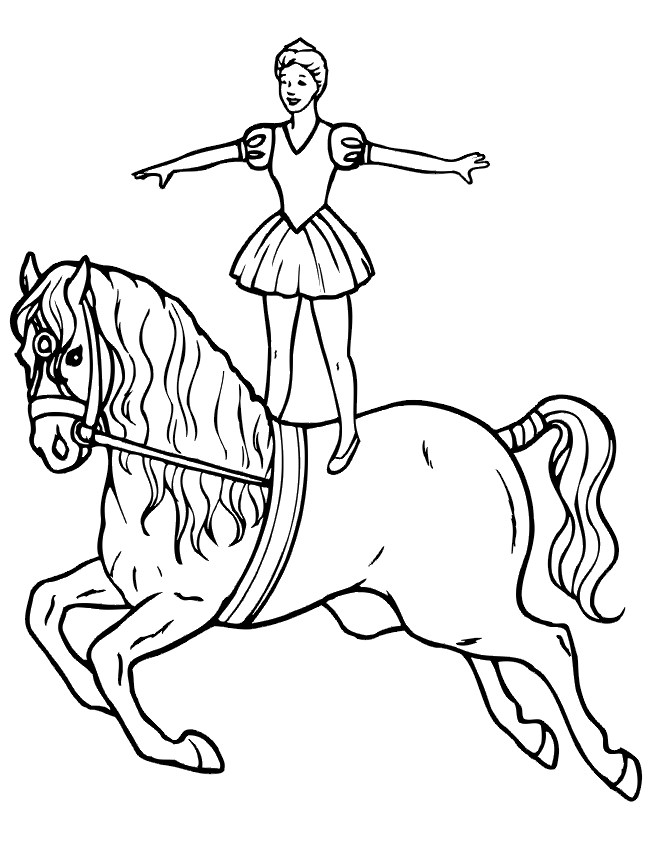
Horse coloring Pictures Images Wallpapers Photos 2013
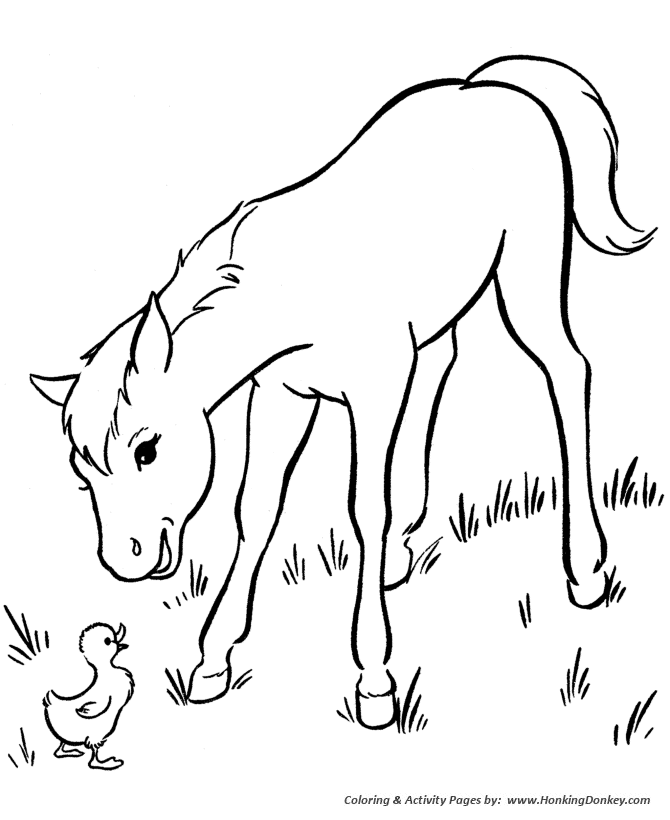
Horse coloring Pictures Images Wallpapers Photos 2013
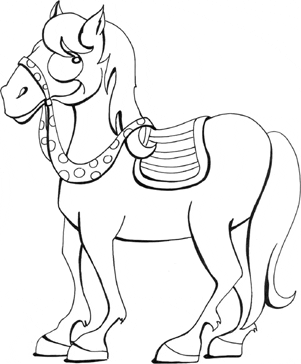
Horse coloring Pictures Images Wallpapers Photos 2013
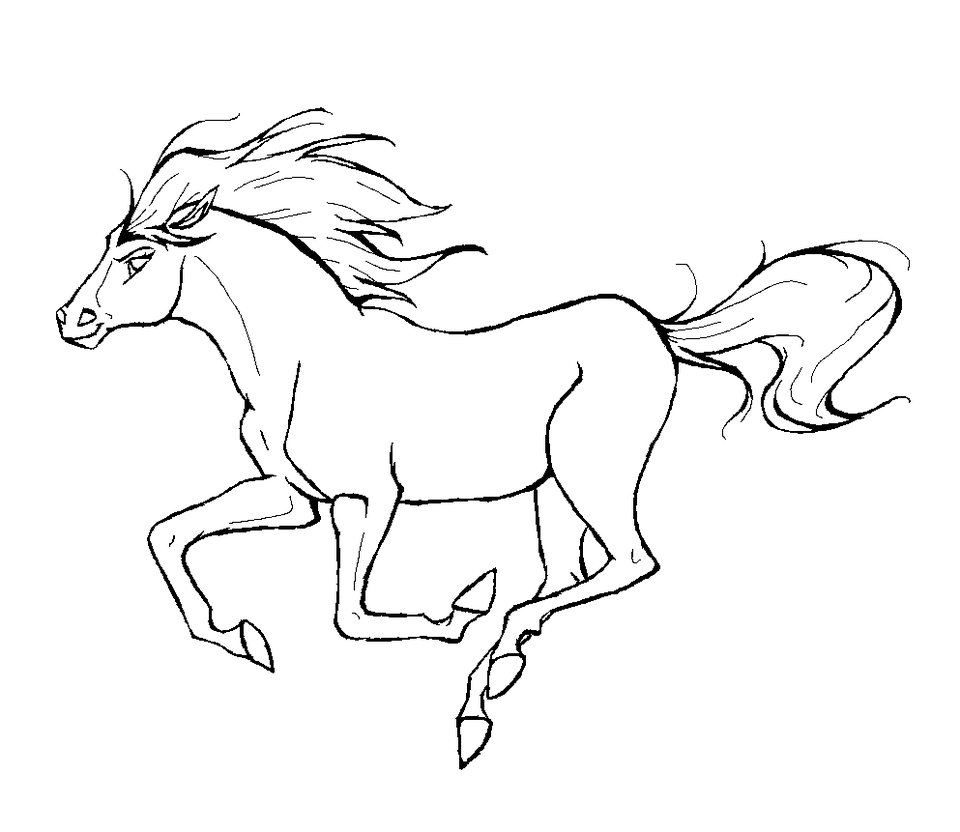
Horse coloring Pictures Images Wallpapers Photos 2013

Horse coloring Pictures Images Wallpapers Photos 2013
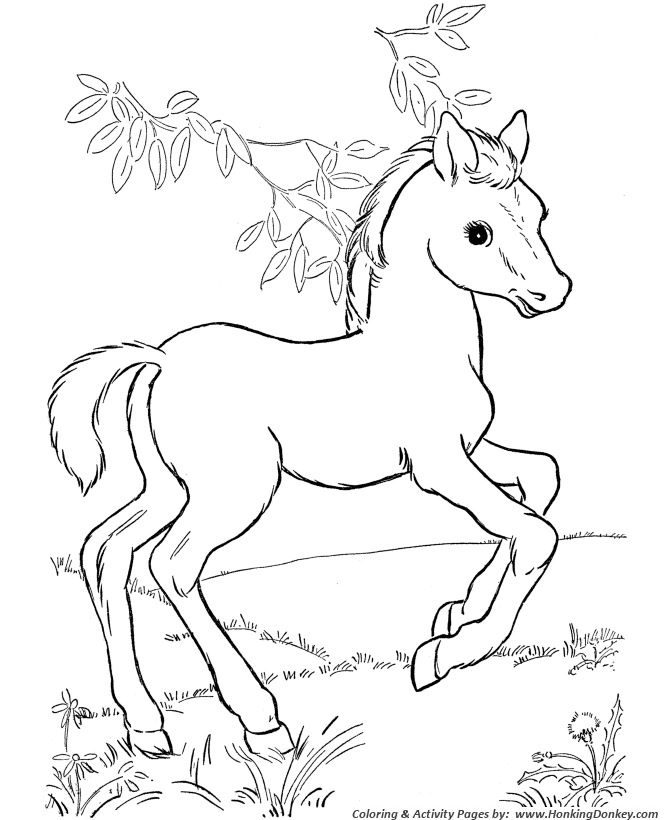
Horse coloring Pictures Images Wallpapers Photos 2013

Horse coloring Pictures Images Wallpapers Photos 2013
No comments:
Post a Comment